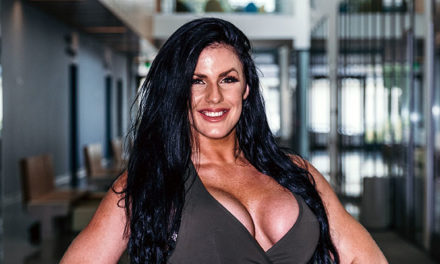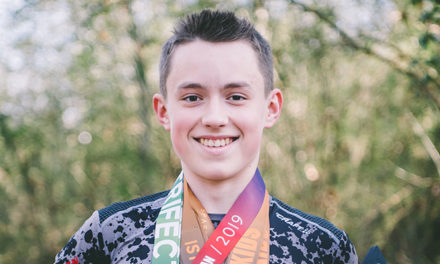Maren Clark, 17, started playing soccer at age four, following in the footsteps of most young kids. However, unlike most other children, she was diagnosed with Type 1 diabetes at 16 months old. She’s now a senior at Collierville High School and has worked within her health constraints to be a competitive soccer player committed to being a goalie at the University of Memphis.
Growing up with this disease means her life has been punctuated with managing blood sugar and needles.
“I have memories of my teachers writing down my blood sugar on my hand and my mom making flashcards for diabetes vocabulary that I learned alongside my other words in kindergarten. Because I’ve had Type 1 diabetes for so long, it’s what I’ve always known.”
Managing Diabetes on the Field
Although diabetes might feel normal for Maren, it adds an extra layer of challenge to her sports career.
“It’s a lot of work, especially when it affects how I feel and how I play. Sometimes I just can’t play my best because my diabetes is preventing me. It is frustrating,” she admits.
When Maren was in fifth grade, a referee stopped a game because her blood sugar device was peeking out of her jersey. The referee made her sit out because she was considered a danger to the other kids on the field.
For a young kid, that was a confusing experience, and a call to the head of referees of Tennessee got the matter sorted out so she could continue playing with her team that season. Just this past year, Maren’s team went to regionals, and her insulin pump caused her to miss a game again because it broke without her realizing it. With her blood sugar soaring into the 300s and 400s, she had to tell her coach that she couldn’t play.
“I know when I eat something bad, it is completely my fault. But when I am out there trying my hardest and something like that happens that’s out of my control, it is so annoying,” she says.
Balancing Diabetes and Food
Maren’s had a lot of practice knowing what she can eat and how much insulin she needs to keep her blood sugar in a healthy range.
“People think there are things that I can’t eat, but that’s not true,” Maren says. “If I eat a piece of pizza, I know how much insulin I have to give myself.” Pizza, along with Mexican food, are some of her favorite foods.
Maren has been practicing this since she was a kid when her mom taught her to count carbohydrates and measure insulin.
Going After Her Dream
Diabetes hasn’t stopped Maren from playing her sport, and it hasn’t kept her from dreaming big. As a high school freshman, she decided that she wanted to play soccer as a Division I athlete. Unfortunately, that year she wasn’t put on a top club team, but that motivated her to push herself more.
“I was mad because I knew I was good enough. I wanted to prove everyone wrong.”
Maren has been consistent with soccer and competing throughout high school and contacted recruiters along the way. However, she’s always been connected to the Memphis soccer community and the coaches. so it was easy for her to get in communication with the Memphis team.
“In the spring of my junior year, I spent the night with the team at the University of Memphis, and I absolutely loved them,” Maren says. “It just felt like a family.”
Maren always had a vision that she would go far away for school, but finding a home close to home took a big weight off her shoulders. She’s currently in the Women’s Premier Soccer League on the Lobos Premier Team. Last month, she signed to play for the University of Memphis.
Using the challenges she’s overcome as a diabetic athlete, she plans to spend her future helping others. “I plan to study dietetics and go into a profession that helps young diabetic athletes understand what they are going through.”
By Chloe Webster







